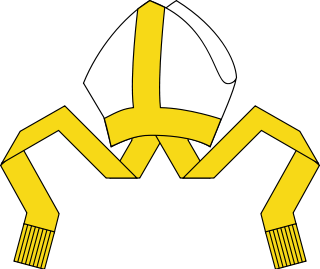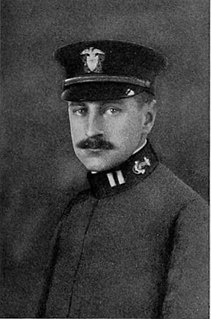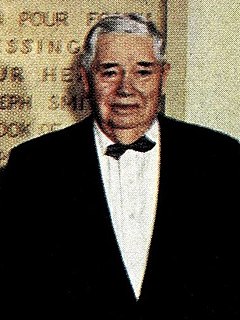A Quote by Marcel Proust
Our virtues themselves are not free and floating qualities over which we retain a permanent control and power of disposal; they come to be so closely linked in our minds with the actions in conjunction with which we have made it our duty to exercise them that if we come to engage in an activity of a different kind, it catches us off guard and without the slightest awareness that it might involve the application of those same virtues.
Quote Topics
Related Quotes
I say the same of humility and of all the virtues; the wiles of the devil are terrible, he will run a thousand times round hell if by so doing he can make us believe that we have a single virtue which we have not. And he is right, for such ideas are very harmful, and such imaginary virtues, when they come from this source, are never unaccompanied by vainglory; just as those which God gives are free both from this and from pride.
If we can implant in our people the Christian virtues which we sum up in the word character, and, at the same time, give them a knowledge of the line which should be drawn between voluntary action and governmental compulsion in a democracy, and of what can be accomplished within the stern laws of economics, we will enable them to retain their freedom, and at the same time, make them worthy to be free.
I am persuaded, from all the facts that have come to me, that it would have been possible, if we had functioned as the Lord intended us to function, if we had paid our tithes and our offerings as the Lord intended us to pay them, we might have gone on without one dollar from our federal government. And has it ever occurred to you what a mighty influence we should have exercised for good and for respect and for all of the virtues that we have been taught, and that God has commanded us to exercise and cultivate and practice, if we had just followed along what he has asked us to do?
All are agreed that the various moral qualities are in a sense bestowed by nature: we are just, and capable of temperance, and brave, and possessed of the other virtues from the moment of our birth. But nevertheless we expect to find that true goodness is something different, and that the virtues in the true sense come to belong to us in another way. For even children and wild animals possess the natural dispositions, yet without Intelligence these may manifestly be harmful.
God has lent us the earth for our life; it is a great entail. It belongs as much to those who are to come after us, and whose names are already written in the book of creation, as to us; and we have no right, by anything that we do or neglect, to involve them in unnecessary penalties, or deprive them of benefits which it was in our power to bequeath.
Though there is a benevolence due to all mankind, none can question but a superior degree of it is to be paid to a father, a wife, or child. In the same manner, though our love should reach to the whole species, a greater proportion of it should exert itself towards that community in which Providence has placed us. This is our proper sphere of action, the province allotted us for the exercise of our civil virtues, and in which alone we have opportunities of expressing our goodwill to mankind.
Notice carefully every word here. It is not our prayer which draws Jesus into our hearts. Nor is it our prayer which moves Jesus to come in to us. All He needs is access. He enters in of His own accord, because He desires to come in. To pray is nothing more involved than to let Jesus into our needs, and permitting Him to exercise His own power in dealing with them. And that requires no strength. It is only a question of our wills. Will we give Jesus access to our needs?.
Strength, Courage, Mastery, and Honor are the alpha virtues of men all over the world. They are the fundamental virtues of men because without them, no 'higher' virtues can be entertained. You need to be alive to philosophize. You can add to these virtues and you can create rules and moral codes to govern them, but if you remove them from the equation altogether you aren't just leaving behind the virtues that are specific to men, you are abandoning the virtues that make civilization possible.






































